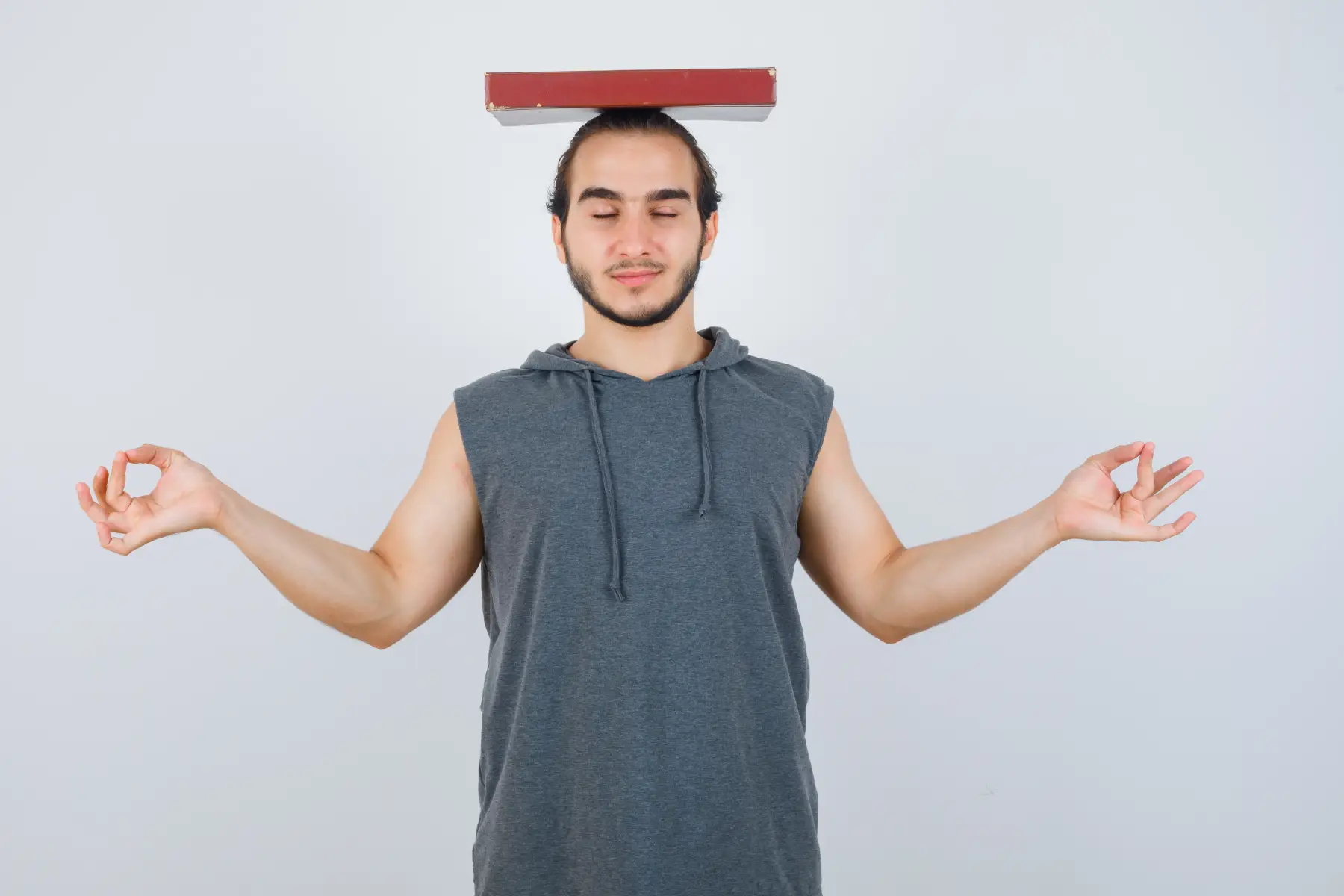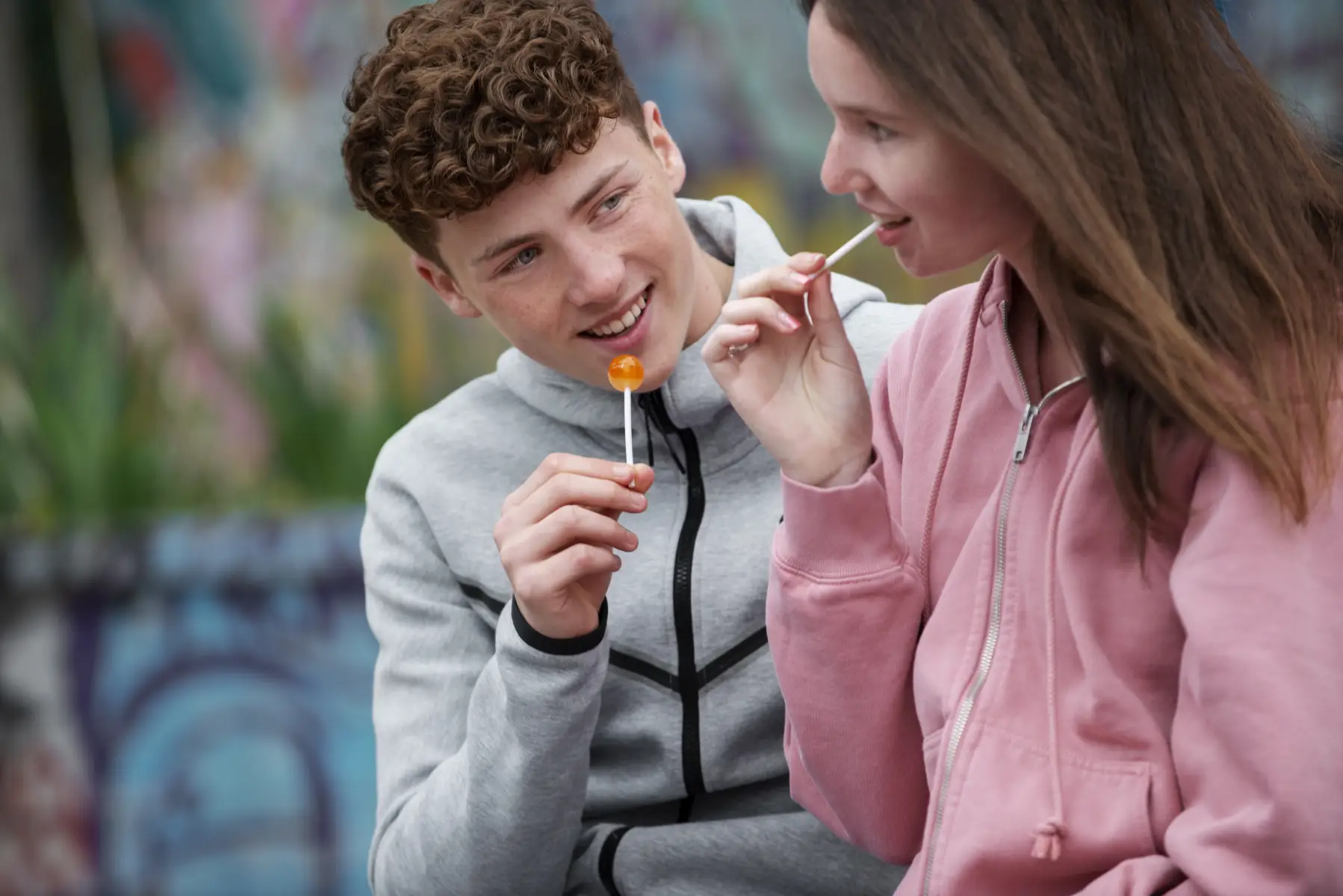Introduction
Masturbation is a natural and common form of self-exploration, experienced by most people at some point in their lives. For many, it brings stress relief, pleasure, and self-understanding. But for some, the impulse becomes compulsive—interfering with work, relationships, and wellbeing. If you worry that your private behaviour is out of control or causing you distress, you’re not alone.
In the UK, growing awareness and changing attitudes mean more people are seeking support for compulsive sexual behaviours, including problematic masturbation. This whitepaper provides evidence-based insight, practical tools, and reassurance, making it clear that change is possible—and that therapy can help.
What is Masturbation Addiction?
Masturbation addiction—or compulsive masturbation—falls within the broader category of Compulsive Sexual Behaviour Disorder (CSBD), as recognised by the World Health Organization’s ICD-11 (2019). It is not about how often you masturbate, but whether the behaviour feels uncontrollable, leads to significant distress, or harms your quality of life.
Typical features of compulsive masturbation:
- Strong, repetitive urges that are difficult to resist
- Masturbating to escape anxiety, stress, or negative emotions
- Spending excessive time on the behaviour (sometimes hours a day)
- Neglecting work, relationships, or self-care
- Continuing despite feelings of shame, guilt, or negative consequences
- Unsuccessful attempts to cut down or stop
It’s important to distinguish between healthy sexual habits and patterns that cause you distress or functional problems.
Causes & Risk Factors
- Brain and Behavioural Reward Loops:
Masturbation releases dopamine and endorphins, reinforcing pleasure and comfort.
Repetitive behaviour can train the brain to seek relief through this “quick fix.”
- Emotional and Psychological Factors:
- Often used to numb or avoid negative feelings (loneliness, anxiety, sadness, stress).
- Past trauma, abuse, or childhood adversity may increase risk.
- Associated with depression, low self-esteem, or compulsive personality traits.
- Social and Lifestyle Factors:
- Social isolation, lack of intimate relationships, or internet accessibility can worsen patterns.
- Secrecy, shame, or rigid upbringing can paradoxically drive compulsivity.
Signs & Symptoms
- Masturbating more frequently or for longer periods than intended
- Noticing reduced interest in sex with a partner or socialising
- Trouble concentrating or completing tasks due to preoccupation
- Using masturbation to self-soothe every time distress arises
- Hiding behaviour or lying to others about it
- Feeling guilt, shame, or anxiety after acting out
- Repeatedly trying—and failing—to control or stop the behaviour
Impact on Life
1. Mental Health
- Guilt, shame, or low self-esteem
- Heightened anxiety, depression, or emotional numbness
- Increased isolation or loss of motivation
2. Physical and Sexual Health
- Genital discomfort or injury
- Decreased sexual satisfaction with partners
- Potential association with erectile or arousal difficulties
3. Relationships and Social Functioning
- Avoidance of intimacy or real-life relationships
- Conflict with partners over secrecy or lack of interest
- Disruption to work or studies
Compulsive masturbation can co-occur with pornography addiction or other compulsive behaviours.
Academic Evidence & Therapy Approaches
- Cognitive Behavioural Therapy (CBT):
Leading therapy for compulsive behaviours. Helps you identify triggers, develop coping skills, and build healthier routines (Griffiths, 2014).
- Acceptance and Commitment Therapy (ACT):
Focuses on accepting urges without acting on them, and living in line with values.
- Mindfulness and Relapse Prevention:
Teaches awareness of cravings and helps break auto-pilot behaviour.
- Support Groups:
Peer support for compulsive sexual behaviours (SAA, ATSAC, online communities).
- Treatment for Underlying Issues:
Addressing anxiety, trauma, or depression improves long-term outcomes.
Actionable Strategies
- Track Your Patterns:
Keep a private log: times, feelings, triggers, and what happens before/after.
- Identify High-Risk Triggers:
Notice what situations—boredom, stress, conflict, loneliness—make urges more intense.
- Build Alternatives:
Replace the immediate urge with other activities: exercise, creative work, calling a friend.
- Delay and Surf Urges:
Try delaying action by 10–15 minutes; notice the urge, let it rise and fall (“urge surfing”).
- Change Environment:
Limit private screen time, sleep with your phone out of reach, remove cues from spaces where possible.
- Break Isolation:
Open up to a therapist or trusted friend; secrecy fuels shame and perpetuates the cycle.
- Practice Self-Compassion:
If you slip up, reflect kindly and make a plan for next time—change is often gradual.
- Reward Small Steps:
Celebrate reductions or new coping successes to reinforce progress.
When and How to Seek Help
Seek support if:
- The behaviour causes you distress or disrupts your life
- You have tried and failed to control or reduce it
- You are experiencing other mental health symptoms (depression, anxiety, trauma)
Therapy is non-judgemental, confidential, and focused on supporting you to build a life that feels meaningful and balanced.
Recovery Story (Anonymised)
“What started out as a private stress relief became something I did five times a day, just to cope. I cancelled plans, hid from my partner, and felt trapped in shame. With therapy, I learned to break the cycle and face my anxiety without hiding. I’m not perfect, but I feel in control—and hopeful—again.” (Anon., Bristol)
Resources
- ATSAC (Association for the Treatment of Sexual Addiction and Compulsivity)
- Sex Addicts Anonymous UK
- StopSO (Therapists network)
- Relate – Relationships Help
- NHS Sexual Health
Books:
- “Out of the Shadows” by Patrick Carnes
- “Breaking the Cycle” by George Collins
Conclusion
Masturbation addiction is a real, but rarely discussed, struggle. It is not a moral failing, but a pattern that can evolve for many understandable reasons. With insight, the right strategies, and therapeutic support, you can find freedom, balance, and greater self-acceptance. Help is always available—taking one small step today is a sign of strength.










